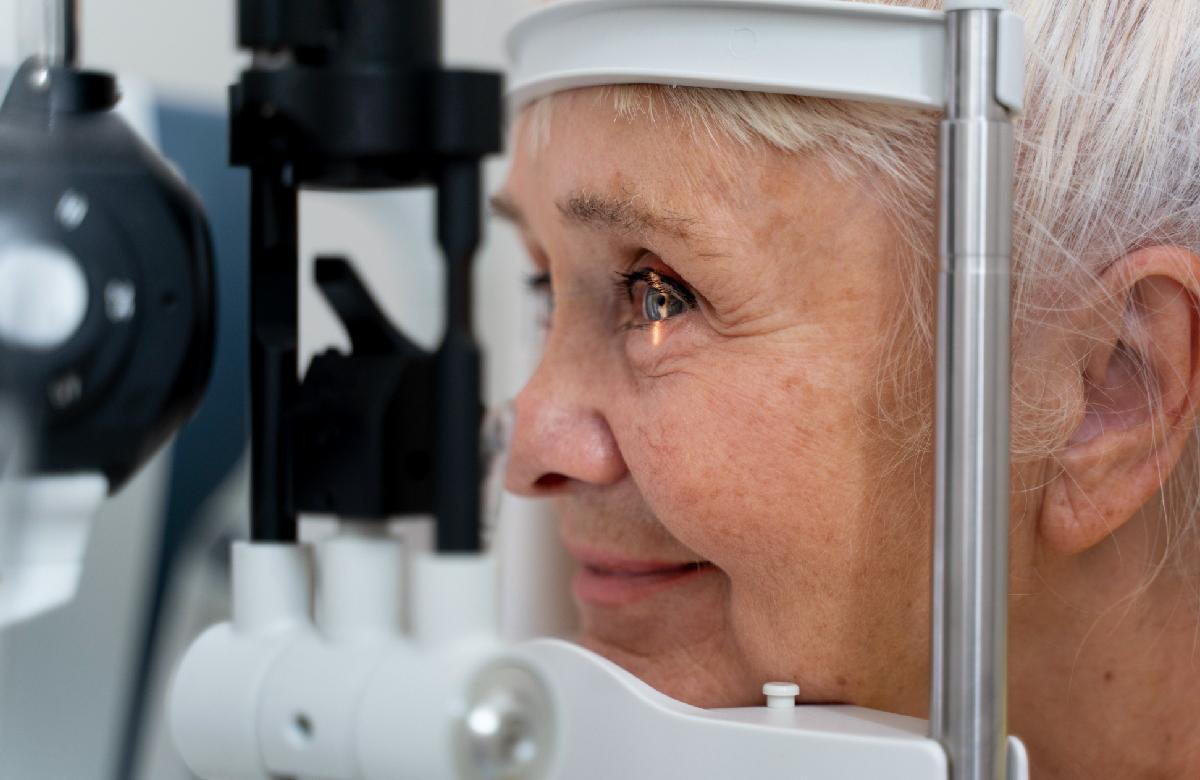
Cataract surgery is one of modern medicine's most common and successful procedures. It can restore your vision and improve your quality of life. However, it is not a one-time event. As a daily ritual, you must take good care of your eyes and attend regular cataract surgery follow-up appointments with your eye doctor to ensure safe recovery without complications or infections.
In this blog post, Southwest Florida Eyecare will explain why follow-up checkups are vital after cataract laser surgery and what to expect.
1. They Can Detect Possible Side Effects Early
Cataract surgery is typically regarded as safe and efficient, with lasting results. However, as with any surgical procedure or eye-related intervention, inherent risks and potential side effect exists. Among the most frequently encountered are:
Infection
This rare but severe complication can cause pain, redness, swelling, or discharge in your eye. It can also damage your vision or lead to blindness if left untreated. According to a study by the American Academy of Ophthalmology, the incidence of endophthalmitis, a severe form of infection, after cataract laser surgery is about 0.04%. However, you can lower this risk by using an antibiotic drop and following proper hygiene practices.
Inflammation
This reaction is common following surgery, though it may lead to discomfort, increased sensitivity, or temporary blurred vision. Should you experience any of these symptoms or encounter blurred vision after your cataract-removal surgery, anti-inflammatory eye drops typically alleviate them.
Increased Eye Pressure
This may arise due to fluid accumulation in your eye after the surgery. If left unaddressed, it could result in headaches, nausea, or diminished vision, necessitating medication or surgical intervention for control.
Posterior Capsule Opacification (PCO)
This common condition occurs when the thin membrane behind your artificial lens becomes cloudy over time. It can reduce your vision or cause glare or halos around lights. Doctors can quickly treat this with a painless YAG Laser procedure (Posterior YAG Laser Capsulotomy).
For more information on your cataract options, read the Southwest Florida Eye Care blog: Is Laser Cataract Eye Surgery Right for You? Exploring Your Options (swfleye.com).
2. They Address Patient Concerns & Guidance
Regardless of whether cataracts were present in one or both eyes, post-cataract surgery follow-up appointments offer patients an ideal space to express any concerns or queries they may have regarding their recovery. During these appointments, patients can discuss appropriate medication usage, limitations on activities, and anticipated alterations in vision with their eye doctor.
Medication Management
After the surgery, your eye doctors will prescribe specific eye drops to prevent infection and inflammation and manage pain. Follow the instructions closely, using them as directed. Your doctor will determine the timeline to stop or alter your medication based on your unique healing process.
Activity Restrictions
Patients will be provided with instructions regarding post-operative care. This may include limitations on vigorous physical activities such as swimming for a designated period. Additionally, protective measures such as sunglasses may be advised to safeguard the eye from hazards like dust, sunlight, or accidental injury.
Vision Changes
In the coming months, your eye doctor will monitor the progress of your vision and eye pressure. It's common to experience minor fluctuations or distortions in vision shortly after surgery, which usually resolve gradually. Certain individuals may need glasses or contact lenses to enhance their vision for near or distant objects. Your cataract specialist will evaluate your needs and recommend the most suitable corrective measures.
For pre-cataract surgery information, read the Southwest Florida Eye Care blog: Preparing for Laser Cataract Surgery: What to Expect.
3. They Monitor Medication and Healing Progress
A cataract surgery follow-up appointment is scheduled for the day after your cataract laser surgery to check your vision and ensure the Intraocular Lens (IOL) implant is correctly centered without signs of infection. During this time, a technician reviews your prescribed eye drops and provides detailed usage instructions.
Your healing progress and medication adherence are closely monitored. The doctor may adjust the dosage or treatment based on your unique recovery. One week post-surgery, a second cataract surgery follow-up appointment is set to confirm your eye has healed as expected. Femtosecond laser-assisted cataract surgery has a high success rate of over 90%, with most patients noticing improved vision within hours.
Cataract Recovery Starts With You
Are you stuck Google searching 'cataract eye surgery near me' for answers? Your cataract journey starts with you. If you need cataract laser surgery or other eye care services, book a consultation with Southwest Florida Eye Care for the safest, most personalized, and most comfortable experience with licensed eye doctors in Fort Myers, Florida.
The advice in this blog is for general informational purposes only and may not suit your exact insurance plan and optical needs. It is important to consult a qualified healthcare professional for personalized advice and treatment on cornea care in Southwest Florida.
